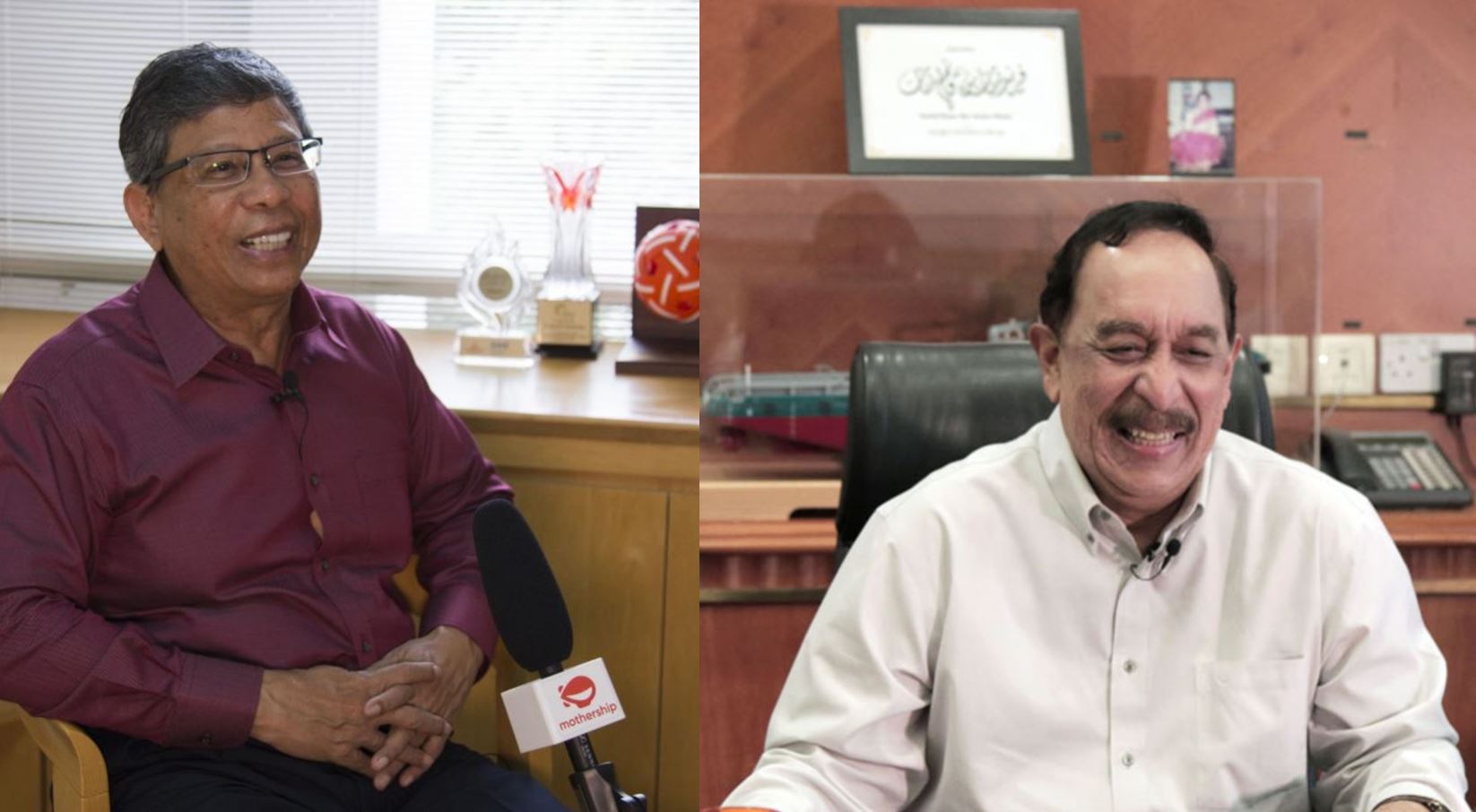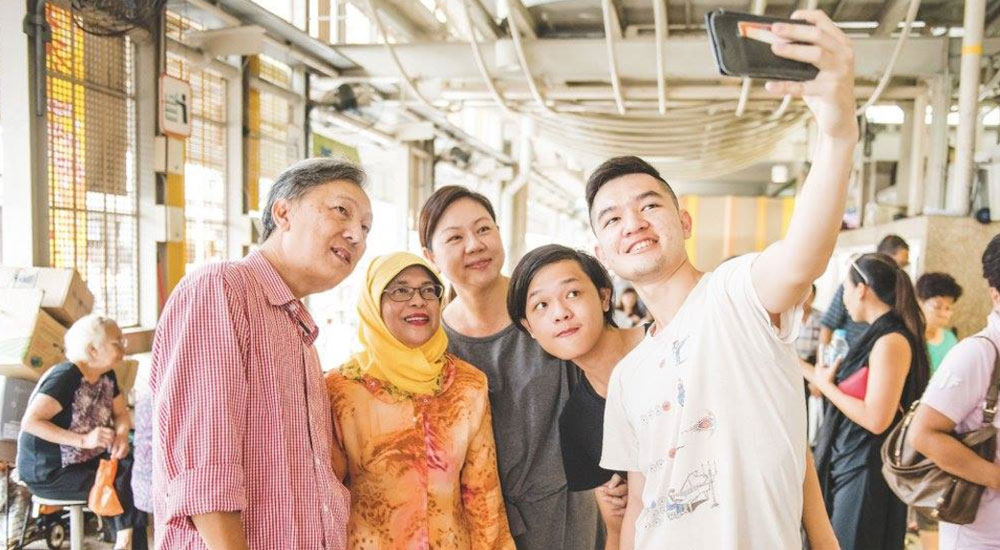It was almost a year ago when Prime Minister Lee Hsien Loong said that there are enough qualified Singaporeans of all races, including Malays, to vie for the post of elected president, in light of the proposed tightening of the qualification criteria.
Hence, one could not help but wonder how did we reach this point where less than a week before Nomination Day on Sept. 13, the most probable scenario that Singaporeans can expect from the first reserved Presidential Election for Malay candidates is a walkover.
Walkover most likely
The prospect of having an unelected Elected President , six years after a bruising four-way contest educated us about the role of this important political institution, is hard to take.
But it's even more difficult to imagine a different outcome, whereby a contest is allowed based on discretionary considerations, but would then render the amendments to the Constitution earlier in June this year into an exercise of much ado about nothing.
It is no secret that former Speaker of Parliament Halimah Yacob, 63, remains the only individual among the three potential candidates who qualifies automatically for the contest.
With the backing of National Trades Union Congress (NTUC) and the positive valedictory endorsements from her former political colleagues, she has been traversing across the island state to meet Singaporeans from all walks of life, averaging one Facebook post per day, looking almost presidential in her walkabouts.
They do not meet the requirement of having led a company with an average shareholder equity of S$500 million in the three most recent years, leaving the “deliberative track” as the only way for them to qualify for the election.

[related_story]
Fear of freak election result
At this point in time, it is perhaps useful to look back in history to understand the rationale of the Elected Presidency (EP) system and the thinking behind the pre-qualifying mechanism.
The EP is widely seen as part of the set of new institutions, such as the Nominated Member of Parliament (NMP) and Non-constituency Member of Parliament (NCMP) schemes, that the ruling People's Action Party (PAP) had introduced after 1984 to manage political change in response to a more sophisticated electorate.
The necessity of the EP can be traced back to the spectre of a "freak" general election result, a scenario first raised by founding Prime Minister Lee Kuan Yew in his 1984 National Rally Speech:
"If there is a freak election result and a coalition forms the government, all the reserves are available, the larder is wide open, you can raid it. Twenty-five years of hard work, savings, you can go on a spending spree for five years and then we are another broken-back country."
The need to guard against a "freak" election result has since become one of the dominant considerations of the PAP, extending into the design of the EP system.
Explaining the need for a pre-qualifying criteria and mechanism, then Prime Minister and Minister for Defence (Goh Chok Tong) said this in Parliament on Jan. 3, 1991, at the third reading of the Constitution Amendment Bill to introduce the Elected Presidency:
"The President's moral stature is important. If he lacks the necessary experience and stature, he will not have the moral weight to veto the Prime Minister should he hold a contrary view. This moral standing can come only if the President is a man of substance, tested and known for his integrity, objectivity, competence and judgment. It cannot come simply through winning elections...We cannot chance a freak election result in Presidential elections. It defeats the very purpose of having an Elected President if a freak result is possible. Pre-qualifying all Presidential candidates removes the nightmare of freak Presidential election results because the contest would be between qualified people. Whoever is chosen can do the job." (emphasis ours)
All eyes on the PEC
The pre-qualification mechanism is operated by the Presidential Elections Committee (PEC), whose role is to ensure that potential candidates for the job meet a set of qualification criteria set out in the Constitution.
However, as the PEC removes the power of choice one step away from the people, it has long been criticised as an unelected group of individuals that has excessive discretionary power.
They can decide if a person is of "integrity, good character and reputation" under Article 19(2)(e), and enjoy immunity from contrary findings that might be defamatory.
Their decision is final and not subjected to appeal or review in any court, insulating them from scrutiny and challenge. They also do not have a legal duty to give reasons for their decision.
Nevertheless, it is now up to the six-person PEC to deliberate the applications filed by the three potential candidates and decide who deserves to be awarded the Certificate of Eligibility (COE), which will determine whether there will be a contest on Sept. 23.
In a chapter in the book Managing Political Change in Singapore: The Elected Presidency, law academic Valentine Winslow argued that Singapore has perhaps tried too hard to ensure a safe result, attempting to "write the Constitution like an insurance policy -- so much so that the rights of electors to choose the president who appeals to them best is diminished".
As Nomination Day draws near, Singapore voters will soon find out if these words would prove prescient.
Here are some totally unrelated but equally interesting stories:
7 things we know we shouldn’t do when we travel, but still do anyway
Enhanced Internships — The next big thing? Two poly grads share their experience
If you like what you read, follow us on Facebook, Instagram, Twitter and Telegram to get the latest updates.



